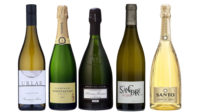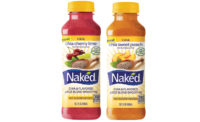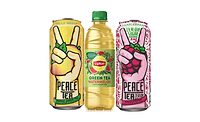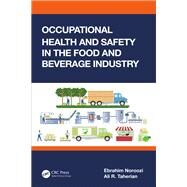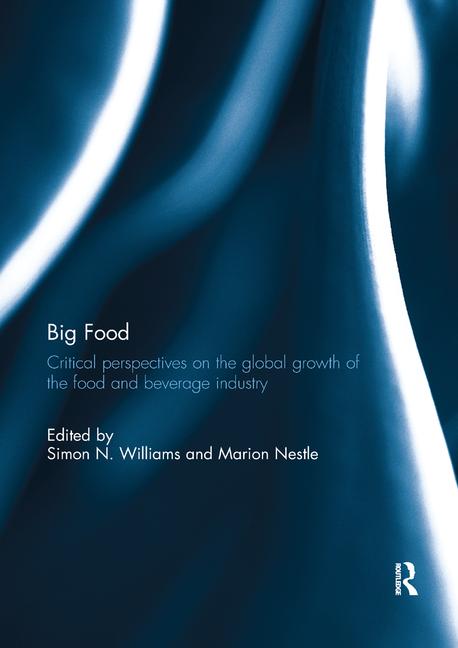2015 State of the Beverage Industry: Health and wellness trends drive tea sales
Beverage-makers release sparkling tea options






Consumer desire for better-for-you beverage options in convenient formats has driven the tea category in the last few years, according to experts.
Retail volume of hot brewed tea in the United States has been flat or declining in the past two years; however, consumer preference for healthier, higher-value brands enabled the segment to gain 3 percent in dollar sales last year, Howard Telford, senior beverages analyst at Euromonitor, Chicago, told Beverage Industry in its June issue.
Likewise, health attributes combined with a convenient drinking format have set the stage for ready-to-drink (RTD) tea growth. The canned and bottled tea segment increased 7.4 percent in dollar sales during the 52 weeks ending May 17 in U.S. supermarkets, drug stores, mass merchandisers, gas and convenience stores, military commissaries, and select club and dollar retail chains, according to data from Chicago-based Information Resources Inc. (IRI).
RTD tea options boast a fast and convenient format, which resonates with consumers. However, single-serve pods are a growing segment as well, according to Euromonitor’s Telford.
This spring, Seattle-based Starbucks Coffee Co. brought its Tazo Sweetened Iced Tea line to the Keurig single-brewing platform. Available in Sweetened Iced Passion and Sweetened Iced Blushberry Black varieties, both flavors blend tea, spices and botanicals over ice using a Keurig brewer.
Single-serve pods and RTD teas have proven to be some of the most convenient formats for tea, edging out instant tea mixes. According to IRI data, instant tea mixes declined approximately 7 percent in dollar sales in U.S. multi-outlets including convenience stores during the 52 weeks ending May 17.
Additionally, consumers have been increasingly shifting from carbonated soft drinks (CSDs) to sparkling waters, bringing significant growth to that category. Now, the tea category is encouraging both CSD and sparkling water consumers to switch to sparkling tea drinks.
Late last year, Preston, Wash.-based TalkingRain Beverage Co. unveiled the latest line extension for its Sparkling Ice brand: Sparkling Ice Tea. Available in Raspberry Tea, Lemon Tea and Peach Tea flavors, the lineup features a blend of brewed black tea, green tea and fruit juice. The carbonated iced teas made their national debut in January.
According to IBISWorld’s December 2014 “RTD Tea Production in the U.S.” report, the healthy eating index is expected to increase in 2015, which means that the degree to which the average U.S. consumer adheres to a healthy diet is increasing. This could have a positive impact on demand for tea, it notes.
Nevertheless, in order to keep the positive momentum going for the long term, beverage-makers are innovating with new flavors and formats. By launching differentiated tea offerings into the market, industry players can often charge premium prices for these products, thus boosting their revenue and profit, adds a January 2015 report by IBISWorld titled “Tea Production in the U.S.”
As RTD teas expand into new retail channels, such as convenience stores and vending machines, consumers will have even more of an opportunity to trade high-calorie beverages for carbonated or still RTD teas, according to IBISWorld’s “RTD Tea Production in the US” report.
In the next few years, Mintel expects the tea category to experience double-digit growth at a slightly slower pace than the last few years. From 2009 to 2014, U.S. retail sales of tea and RTD tea grew 19.8 percent to $7.3 billion, it states in its July 2014 report. From 2014 to 2019, the market research firm forecasts a 16.8 percent rise in sales, mirroring slowing growth of the category’s most prominent category: canned and bottled RTD tea.
IBISWorld’s “Tea Production in the US” report points out that baby boomers and seniors will be “a strong source of future demand and will drive specialty product sales, particularly for green and herbal teas.” Furthermore, the category’s rising availability in specialty and non-traditional outlets will help to drive tea consumption over the next five years, the IBISWorld report states.
Looking for a reprint of this article?
From high-res PDFs to custom plaques, order your copy today!



